Bac Giang prepares for two-tier local government operation
BAC GIANG – Authorities in Bac Giang province are racing to finalize preparations for a major administrative shift as Vietnam transitions to a two-tier local government on July 1, aligning with a nationwide effort to restructure local administrations for improved efficiency and service delivery.
Infrastructure upgrades
Under the new framework, each province will operate with a dual-layered government structure, separating provincial and commune-level administration.
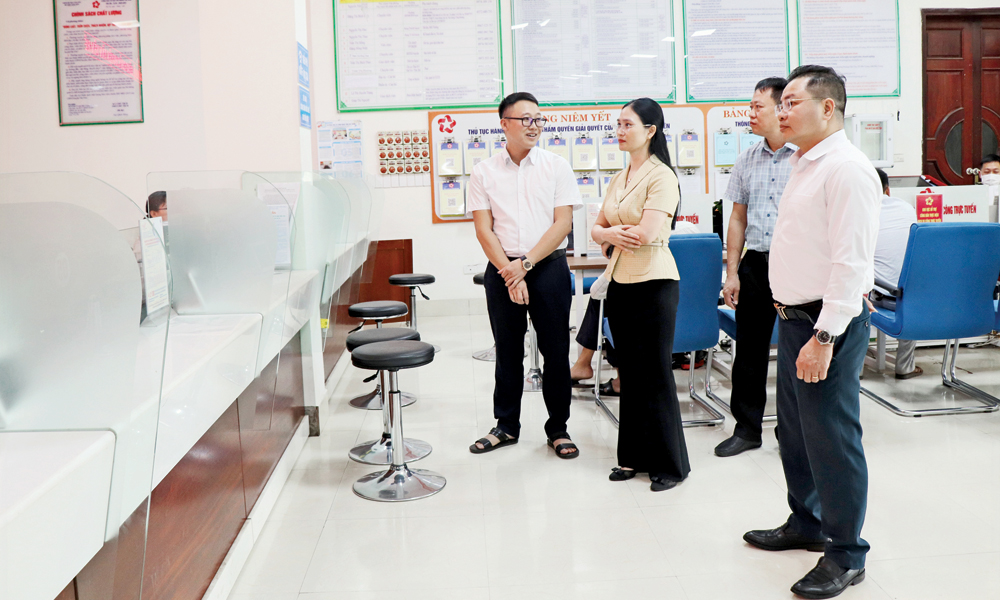 |
|
Provincial task force inspects infrastructure preparations in Tan Yen district. |
Bac Giang, like many localities, has spent the past months preparing facilities, human resources, and technology to ensure a smooth start.
In Tan Yen district, 18 former administrative units have been merged into five new communes: Tan Yen, Phuc Hoa, Nha Nam, Quang Trung and Ngoc Thien.
To support the change, the district allocated over 8 billion VND (350,730 USD) to refurbish and expand seven commune-level office buildings, including four public administrative service centers. Technological upgrades such as stable internet connections, new computers and printers have also been deployed.
“The district has completed nearly all tasks to shift to the two-level government model,” said Ngo Quoc Hung, Chairman of the Tan Yen People’s Committee. “Our civil servants have been trained on new administrative software and are ready to operate from the first day”.
In Yen The district, five new administrative units—Yen The, Bo Ha, Dong Ky, Xuan Luong, and Tam Tien—have been formed.
The local government established task forces to inspect and select suitable headquarters for the new communes based on location, infrastructure quality, and potential for expansion.
Several degraded offices in Tien Thang, Canh Nau, Bo Ha, and Dong Ky have already been renovated.
In Lang Giang district, nine existing commune headquarters will serve as administrative centers under the new structure. All upgrades are expected to be completed before June 27 to ensure continuous public service operations.
Urgently completing tasks
Provincial task forces, led by Bac Giang's People’s Committee, have been inspecting the progress in all 10 districts, townships and city.
The Department of Home Affairs reported that most new communes have designated experienced officials to manage administrative service centers, ensuring that public services remain uninterrupted.
A major challenge during the transition has been the handover and archiving of official documents. Nearly 1,500 meters of records from district-level People’s Councils and People’s Committees have been transferred to the provincial Historical Archives Center.
In Lang Giang, civil servants from local agencies and commune governments have been busy sorting and cataloging files for sealing and transfer. "This process is essential to maintain institutional continuity," said Vu Thi Lan, Head of the Lang Giang Department of Home Affairs.
From June 23 to 27, all localities have been conducting trial runs of the new administrative management software and public service platforms. “The training sessions helped us grasp the key features, so we’re confident going into operation,” said Giap Thi Ha Linh, a public servant in Dinh Ke ward, Bac Giang city.
Nguyen Van Phuong, Deputy Director of the Department of Home Affairs, emphasized that each commune must prepare thoroughly for its first political sessions, which will formally establish the new government and political structures at the grassroots level.
Local governments have also been instructed to ensure that all facilities, equipment and staffing at new public service centers are in place by July 1.
This includes verifying the lists of civil servants authorized to use digital signatures and coordinating with the Government Cipher Committee to issue electronic certificates.
Each unit must also work with the Department of Science and Technology to configure user accounts for the new document management and public service systems.
Electronic seals for the new administrative units are being finalized to avoid any disruption in official communications.
Authorities are also rechecking the location of public service offices to ensure they are accessible to residents. “This is a decisive moment,” Phuong noted. “We must guarantee that the new units are ready while maintaining uninterrupted service in the existing structures, especially for matters affecting citizens and businesses.”
As July approaches, Bac Giang is one of the provinces demonstrating proactive implementation of Vietnam’s ambitious administrative overhaul—balancing transition logistics with day-to-day governance to deliver a seamless shift to the new model.
 Bắc giang
Bắc giang
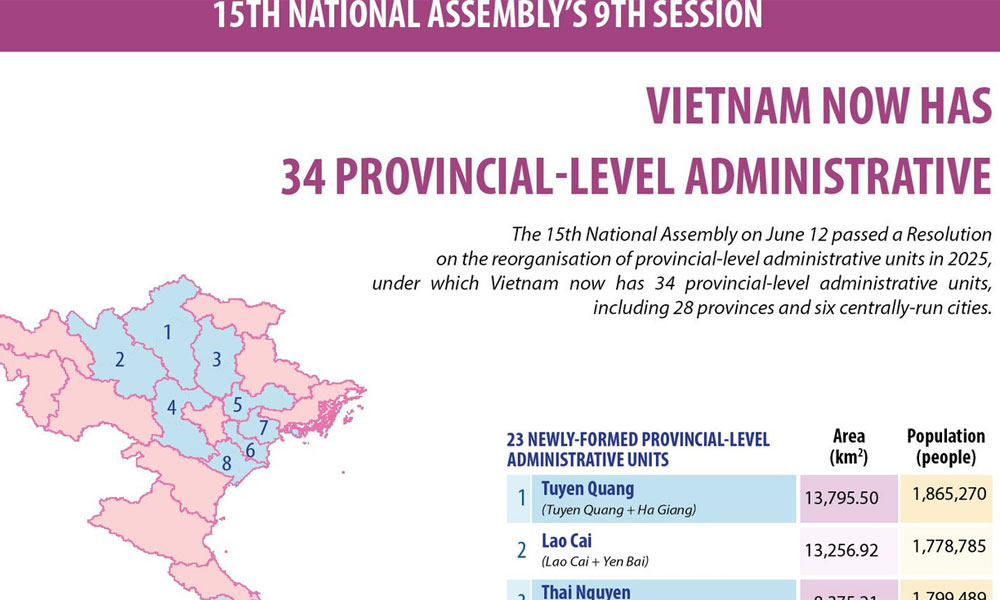




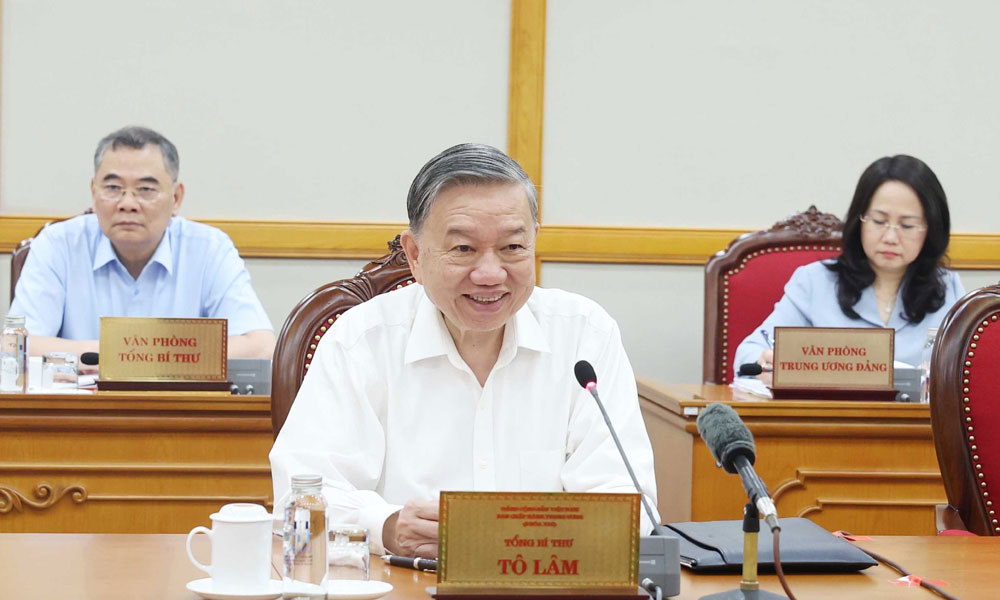

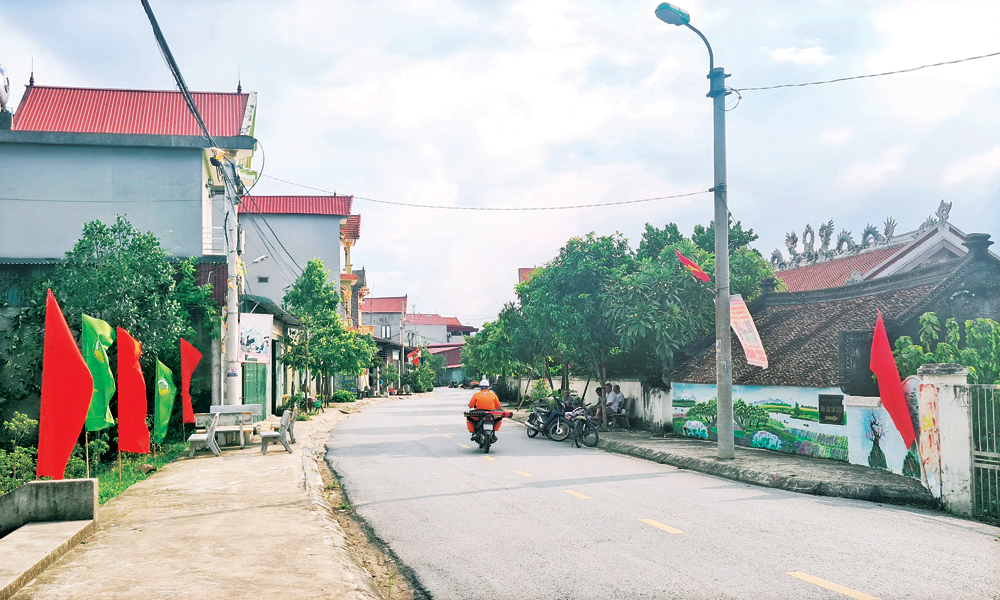

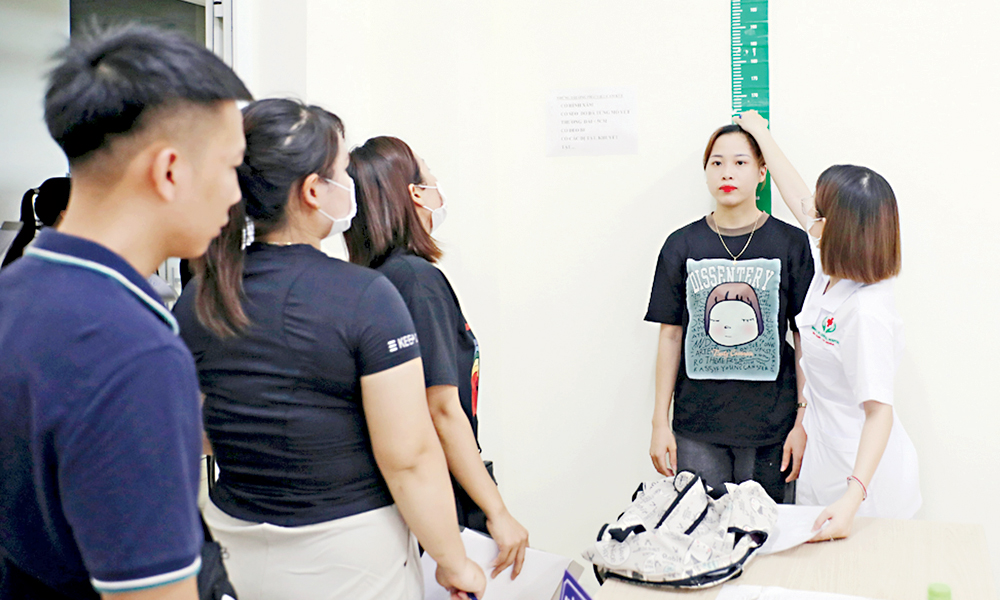




Reader's comments (0)